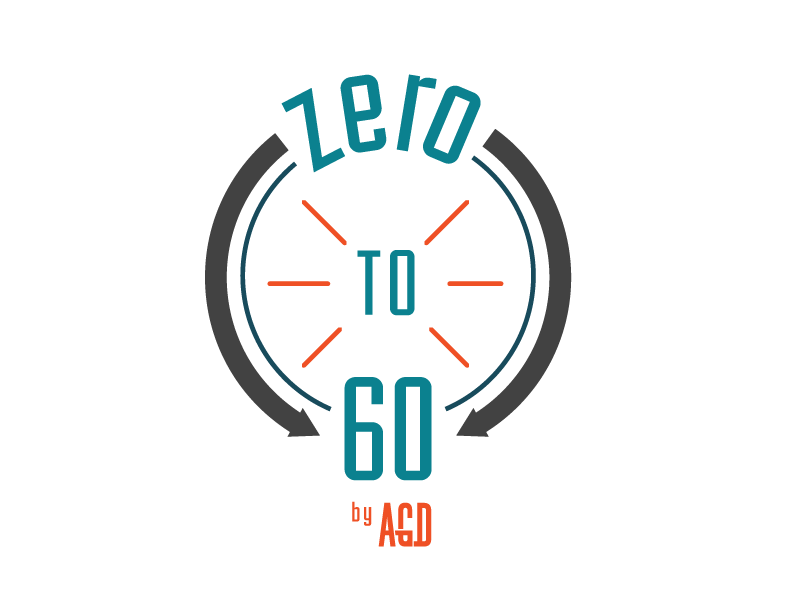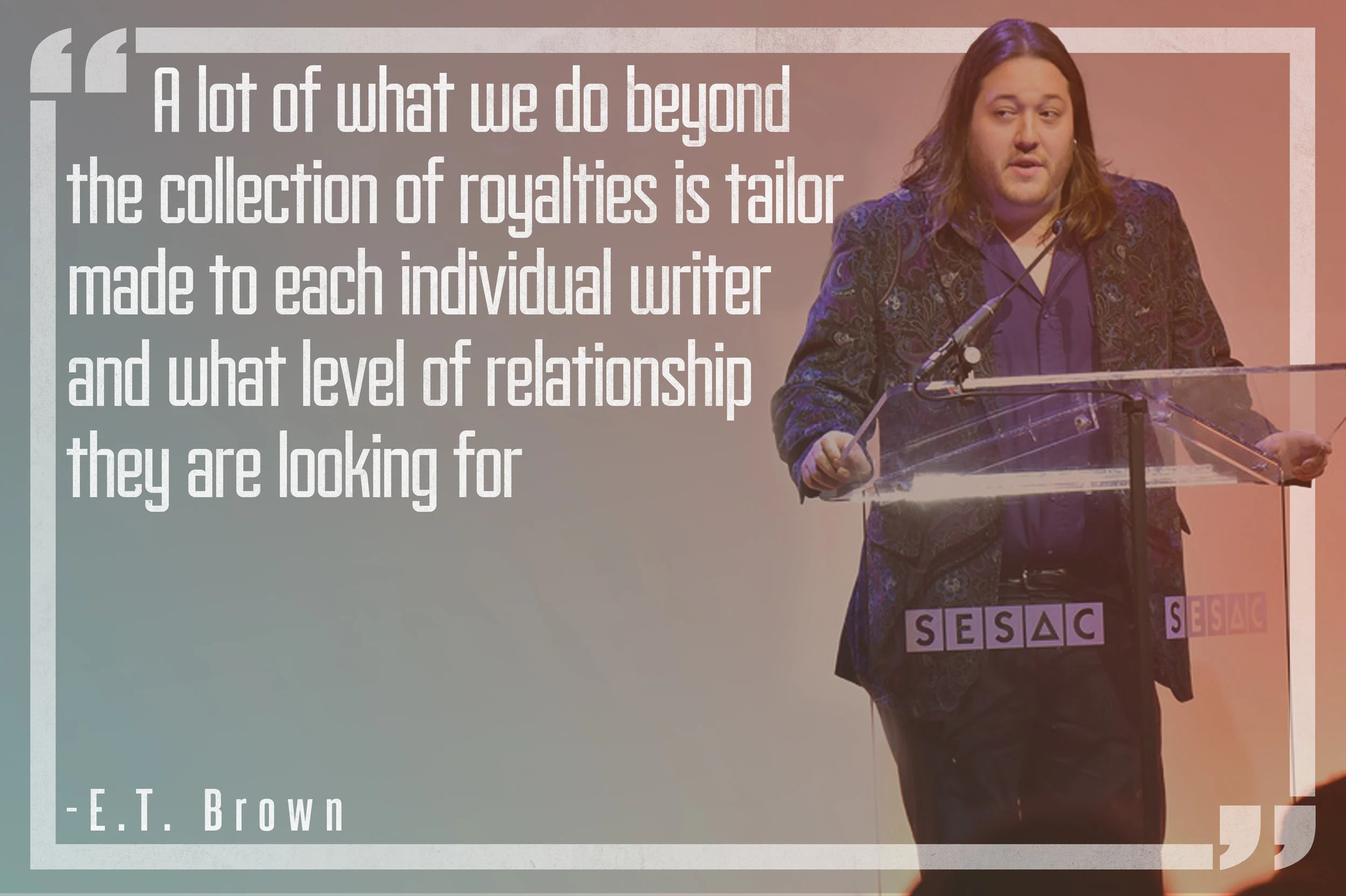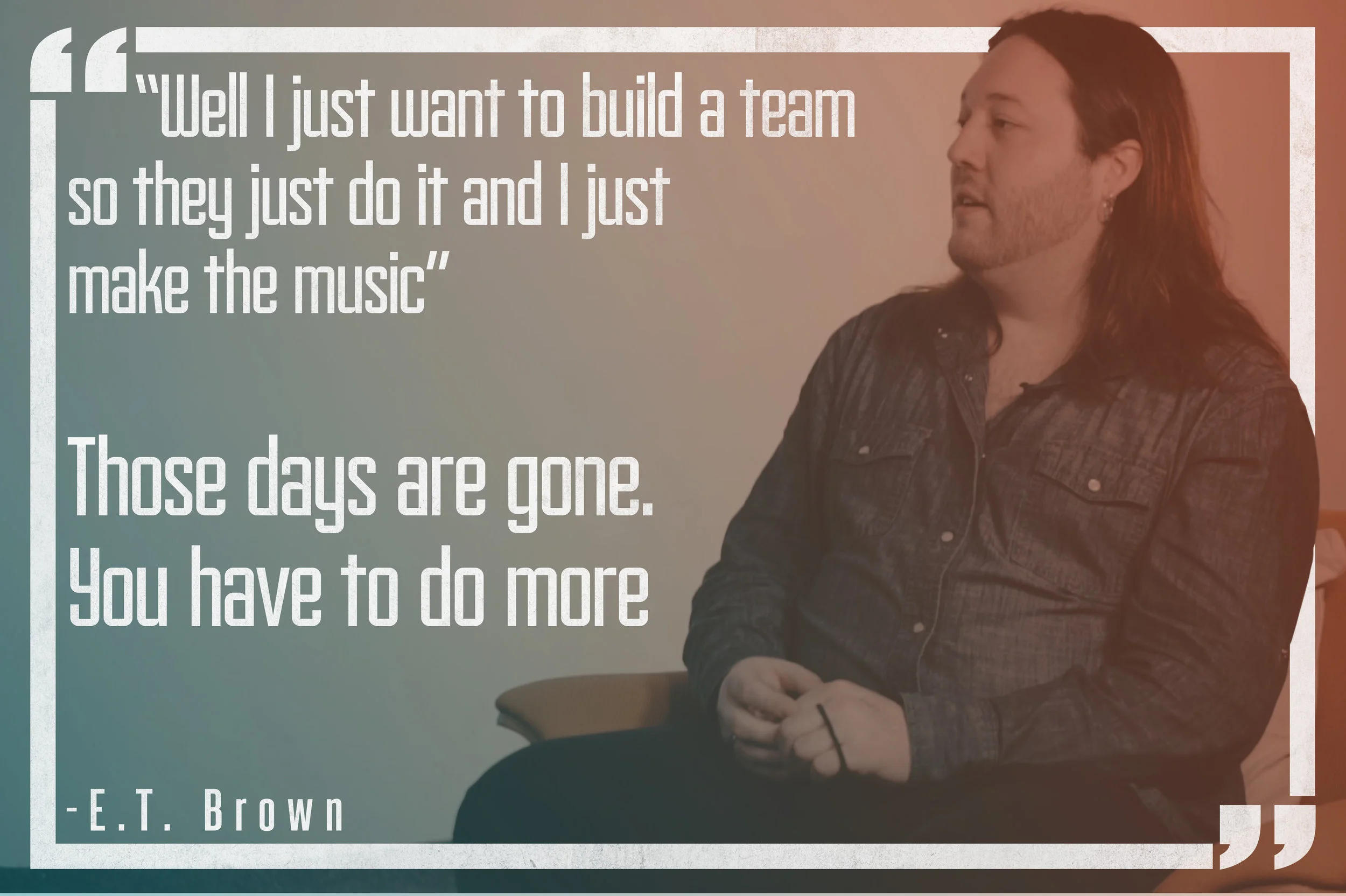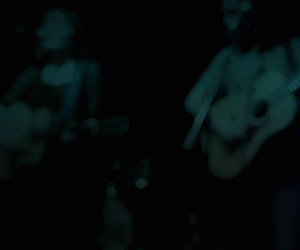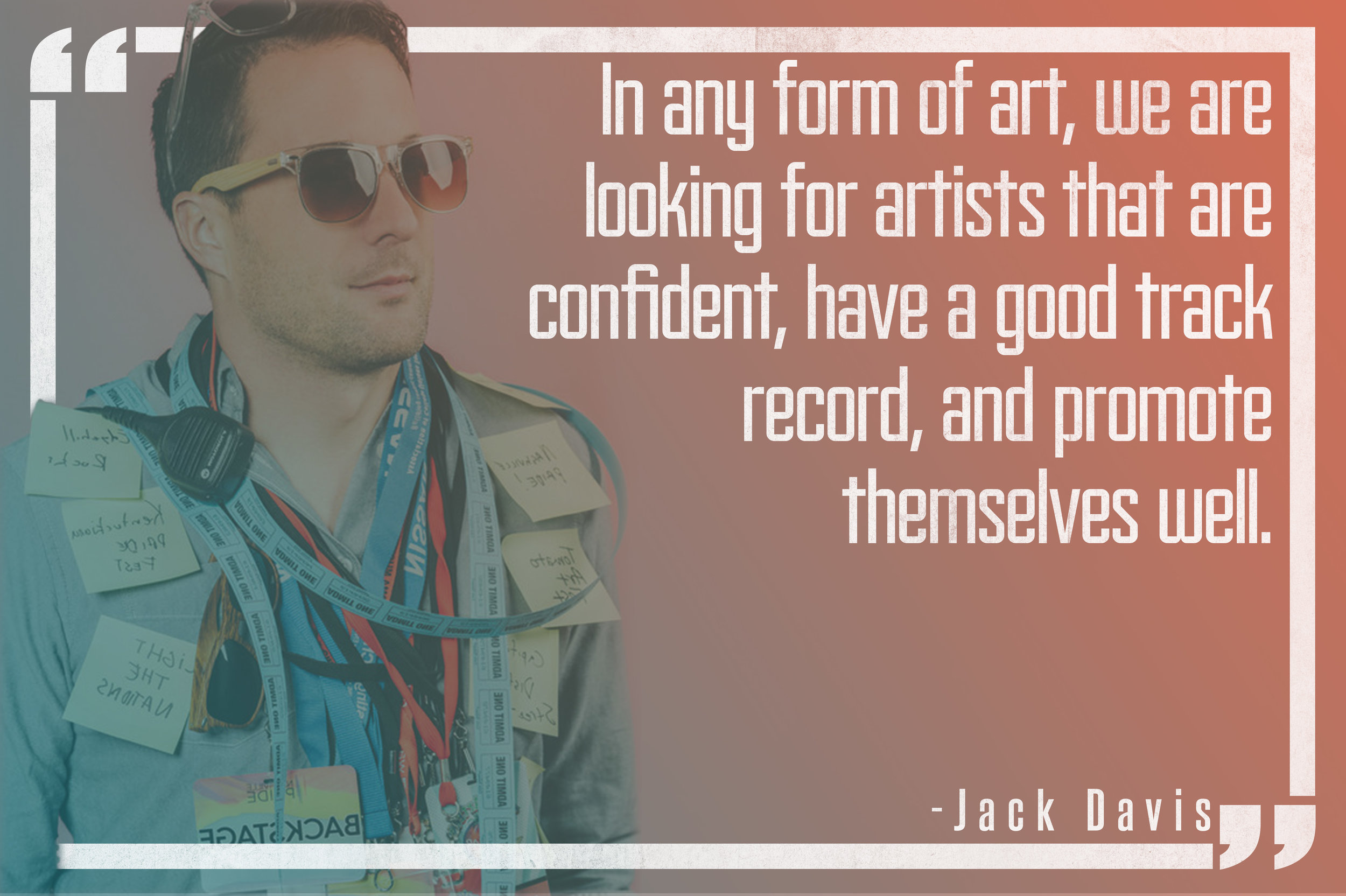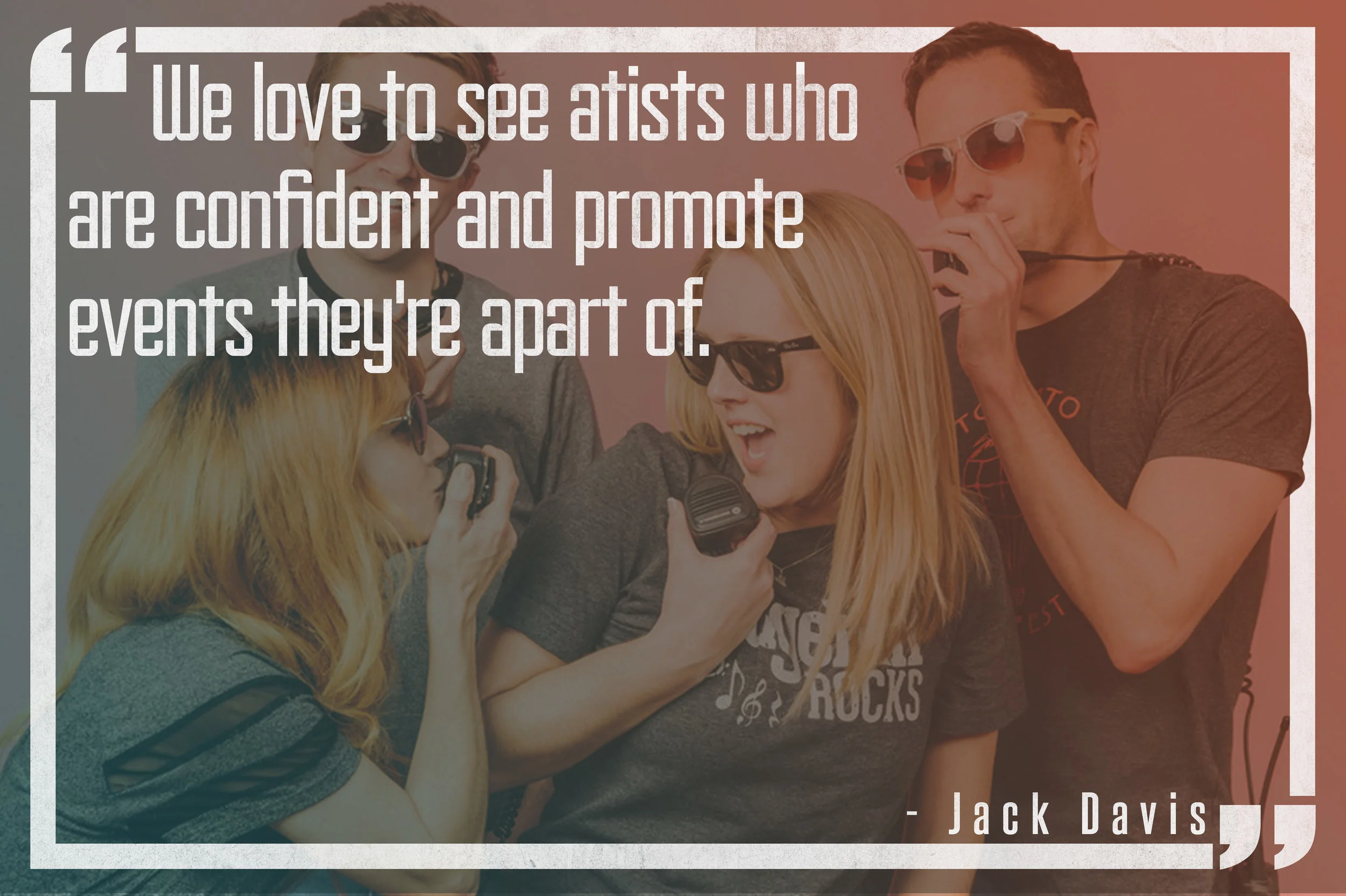This month, we’re talking with Susan Hubbard Founder of East Of 8th, a music writer with a hand in publication, public relations, and management, about engagement, and the power of acknowledgement when it comes to growing as an artist and respecting the art of those around you.
Susan's Story:
Susan’s connection to music blossomed young and organically, not unlike many of us, when she learned to play the piano. When college came, though, she worried about how studying her passion could turn a hobby into a chore, and let a more ‘realistic’, science based major assume priority, with a focus in law at grad school. Over the following years though, she began to discover that need for a creative outlet, and with some encouragement that her words held weight, Susan eventually launched her first music publication, “East of 8th”. The site, though it refers to 8th Ave South in Nashville, features alt-rock music from all over. Her second child, so to speak, is “Mother Church Pew”, a blog dedicated to Americana Music. Over the last few years, she has branched out further to both cofound a PR company in 2017, Lucky Bird Media, and take on her first management client, Jason Hawk Harris.
Susan's Advice:
For an artist, having someone write about or premiere your music can be a major push in reaching a bigger audience, making a louder splash, or simply just appearing like you know what you’re doing, especially when it comes to newer bands trying to break through the noise. At the very least, it is encouraging to know that someone who listens to and thinks about music for a living sees something worth saying about yours. This kind of writing is different than people critiquing your art, either anonymously or through a platform online.
For Susan Hubbard, she recognizes the power a platform can have, and she’s determined to use hers to promote only the things she cares about. While she respects that there’s a place in the industry for criticism, it isn’t her site. With that in mind, she only writes about the music she connects with, and while she may not connect to a particular piece of art, she recognizes that her perception does not define how everyone will see it.
This rejection, or any sort of rejection, can be hard for an artist. Hearing someone say no is undoubtedly disappointing, especially when it’s attached to something you’ve poured yourself into. Artists have egos, and they need to, in order to go up on stage every night and sell something that has come from deep within themselves, but sometimes that ego will get hurt; in a business like this, it is fairly inevitable.
However, there are ways to try and minimize the no’s:
For instance, in Susan’s case, her publications are curated and niche, with a focus on specific genres. When writing about music, you can get up to a couple hundred emails a day or more, and it can be frustrating when a large percentage of those are from people who didn’t care to check or honor what the publication focuses on. Not all Americana songs will speak to Susan, and she has to picky in order for her opinions to be respected and heard. There are plenty of places to pitch your music or pitch your shows; it’s important to identify some people who work in a way that’s picky, and some that are more open, and it’s important to identify publications that your art could be a good fit for. It pays off to be thoughtful and intentional when it comes to distributing your music and sending it out to be reviewed. There are publications that showcase local music, undiscovered music, etc. Seek out a good variety of fitting sites to send your music to, rather than sending it out en masse.
If you have been written about, the next step is to solidify and foster the relationship that has been formed with the writer or publication. For Susan, the most important thing she expects from a musician is acknowledgement. It may seem basic, but just the simple act of reposting the article, giving her credit, or reaching out to give thanks is what reminds her that her time is valuable and precious. She writes about people because she cares about their art, and wants to use her own art to help give voice to what their music means; this is not something that gets her paid, and it is something that takes time away from her career, her family, and oftentimes herself. That engagement, the reaching out, is invaluable, because it forms a connection to the people who are consuming your art, and makes them feel even closer to it. As Susan says,
“You can’t just expect people to do all the work, you’ve got to talk to people, and reach out to people, and engage with the people who are writing about you and pay attention to what’s going on. Otherwise, you’re wasting your time” and further, “There’s that social aspect to it, it’s not just art. It’s wonderful to make art, and if you have really good art, that’s even better; but no one’s going to hear it if no one necessarily likes you.”
Artists who do reach out, who acknowledge the work that Susan does and who give her credit for the work she does, are the ones that she writes about again. When you’re trying to make it as an artist, you have to recognize that it’s not just about this single, record, or video does. It’s about how the next one does, and about the connections you’ve set up to help it go even better. All it takes is realizing and acknowledging that the person on the other end of the computer is someone who is dedicated, both to their art and to using it as a tool to uplift yours.
To see a full lifespan of how these relationships can evolve, you just have to look to her first management client; Jason Hawk Harris. Jason was in a band for several years that is now retiring, and when he set his sights on a solo career, he remembered Susan from when she had interviewed the band. He reached out and asked her to premiere a single last fall and she did. When he extended appreciation after the fact, they struck up and conversation which led naturally to friendship, and he began to ask her about the industry. When he found out that on top of everything, she was a licensed attorney, he asked her to think about doing management for him; and for the first time, she agreed.
Art can be a lonely and isolating thing: writers spend hours alone at their computer with only their thoughts to sort through, musicians spend days in the studio trying to make a concept come to life through instruments. What we can’t forget is that connecting with others is what spreads the art we make. It can be intimidating and it can involve hearing the word no, but there’s hardly any way to move up without making yourself heard and fostering the conversation that comes afterwards. Success comes from intention, connection, and acknowledgement within our interactions or relationships, and through the art that we make.
